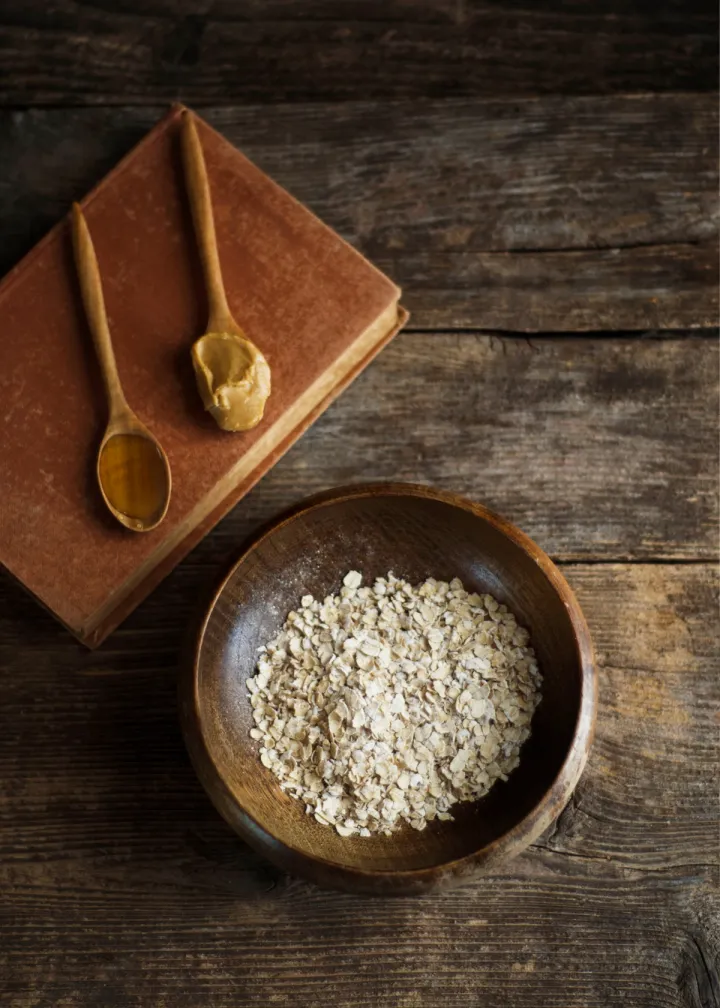
Add These to Your Grocery List: 6 Foods That Provide the Best Bang for Your Buck
These choices can save you up to $30 on your weekly shop.
Are you looking for ways to reduce the cost of your weekly grocery shop without compromising on your health or nutrition? We’ve all been told that healthy eating doesn’t have to be expensive, but you may be wondering how this is possible. Developing a toolbox of strategies will help you to make the healthy choice, even when money is tight. This may include buying items when they go on sale, planning your meals ahead of time, shopping online to reduce unnecessary purchases, or finding creative ways to use leftovers the next day, rather than letting them go to waste.
Not only is it helpful to plan your purchases to minimise waste, but it can also be beneficial to look for ways to get the best bang for your buck. From a dietitian’s perspective, this means finding the products which are convenient and contain the most nutrients, for the lowest price. So, let’s dive into what this looks like in practice to help you be your healthiest self, even while on a budget.
Here are the six best foods to buy to fill your kitchen with healthy, nutrient-dense options without breaking the bank!
1. Legumes
While often underrated, legumes are packed full of nutrients and an affordable addition to your weekly shop. They're a good source of protein, fibre, B vitamins, and iron, and are an important part of the anti-inflammatory diet. Whilst cheapest in their dried form, if you’re short on time, buying canned legumes is a more convenient (and still affordable) way of including them on your plate. They’re extremely versatile and can be easily added to your meals or snacks for an extra hit of protein and fibre!
2. Frozen fruit and veggies
For a fraction of the cost, frozen fruit and veggies are a great way to add extra vitamins, minerals, antioxidants, and fibre into your diet. Not are they nutritionally equivalent to their fresh counterparts, but they have a much longer shelf-life, reducing food waste and saving you money long-term. They're also a quick and easy way to add some fibre and nutrients to your meals as they can be cooked in the microwave in under 2 minutes.
3. Rolled oats
Oats are an affordable way to increase your intake of whole grains. They not only help to keep you feeling full and satisfied for longer, but they’re a good source of soluble fibre, which acts as a fuel source for your gut bugs. Rolled oats are cheap, easy to prepare, and extremely versatile as they can be flavoured to suit your preferences. Whether you're making them overnight, in warm porridge in winter or in a smoothie in the warmer months, you can enjoy them at any time of day or in any season.
4. Eggs
Eggs are another cheap, easy and nutritious food to add to your weekly shopping list. They’re high in protein, vitamin D, vitamin B12, choline, iron and many other vitamins and minerals. Eggs are a simple and versatile option which can be boiled in advance to enjoy as a snack, cooked up on their own, or added into mixed dishes such as a stir-fry or salad to increase the protein and nutrient content.
5. Greek yoghurt
Whether you’re adding it on top of your cereal at breakfast, enjoying it as a snack, or using it in salad dressings, Greek yoghurt is not to be forgotten on the list. It packs a punch when it comes to nutrition as a great source of protein, calcium, B vitamins and vitamin A. Buying an unflavoured version is not only lower in added sugars, but it allows you to get creative and add your own flavours on the day. We love pairing it with fresh fruit, mixed nuts and seeds, or a drizzle of peanut butter.
6. Peanut butter
Another household favourite, peanut butter, is not only a great source of healthy fats and protein, but it's also affordable. It's best to buy a natural peanut butter (this should be almost 100% peanuts) as this contains the most nutrients with no added fats and sugars. We love adding peanut butter to smoothies, with fresh fruit on crackers, or even in our overnight oats!
Chloe is an Accredited Practising Dietitian (APD), Advanced Sports Dietitian and founder of Verde Nutrition Co. You can follow her on Instagram here and at Verde Nutrition Co here.
Enjoyed This?
Discover more dietitian-approved articles.











